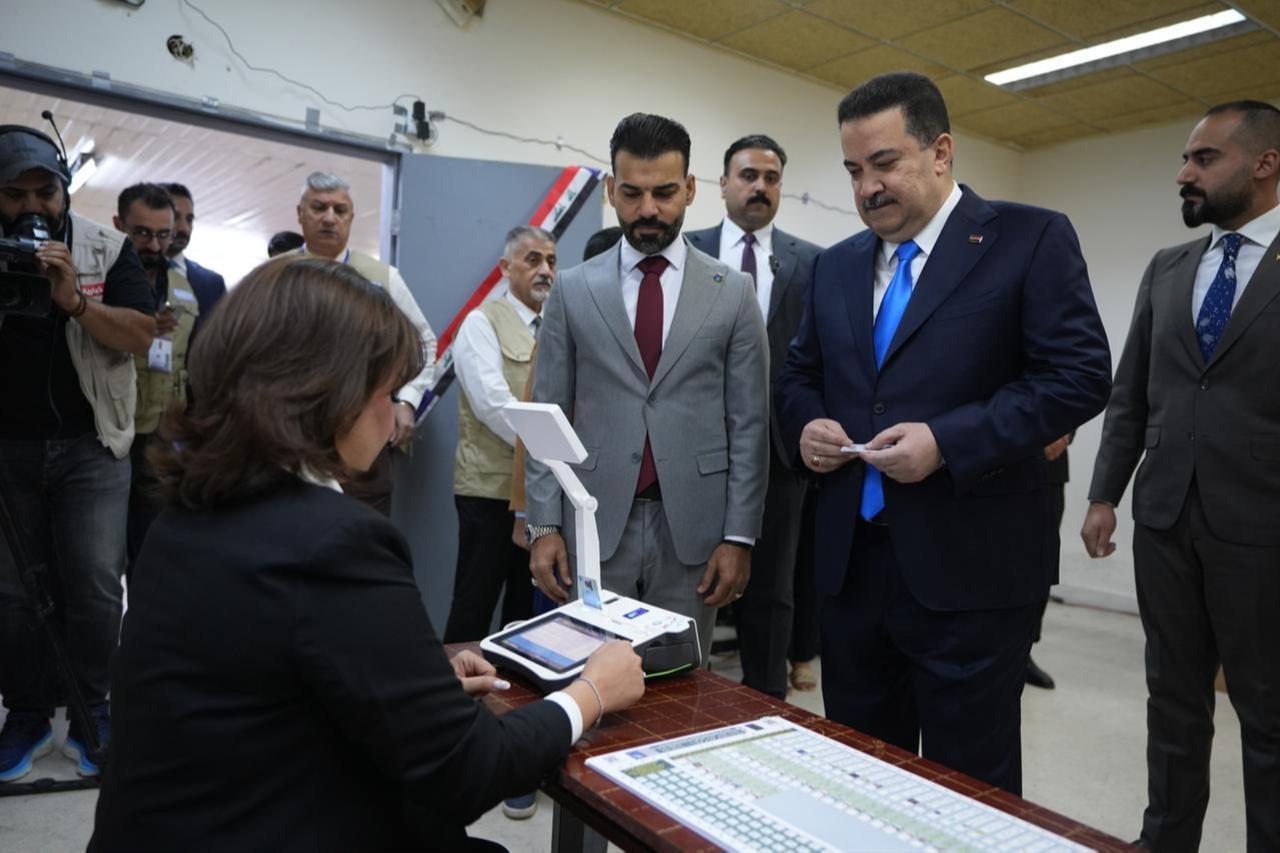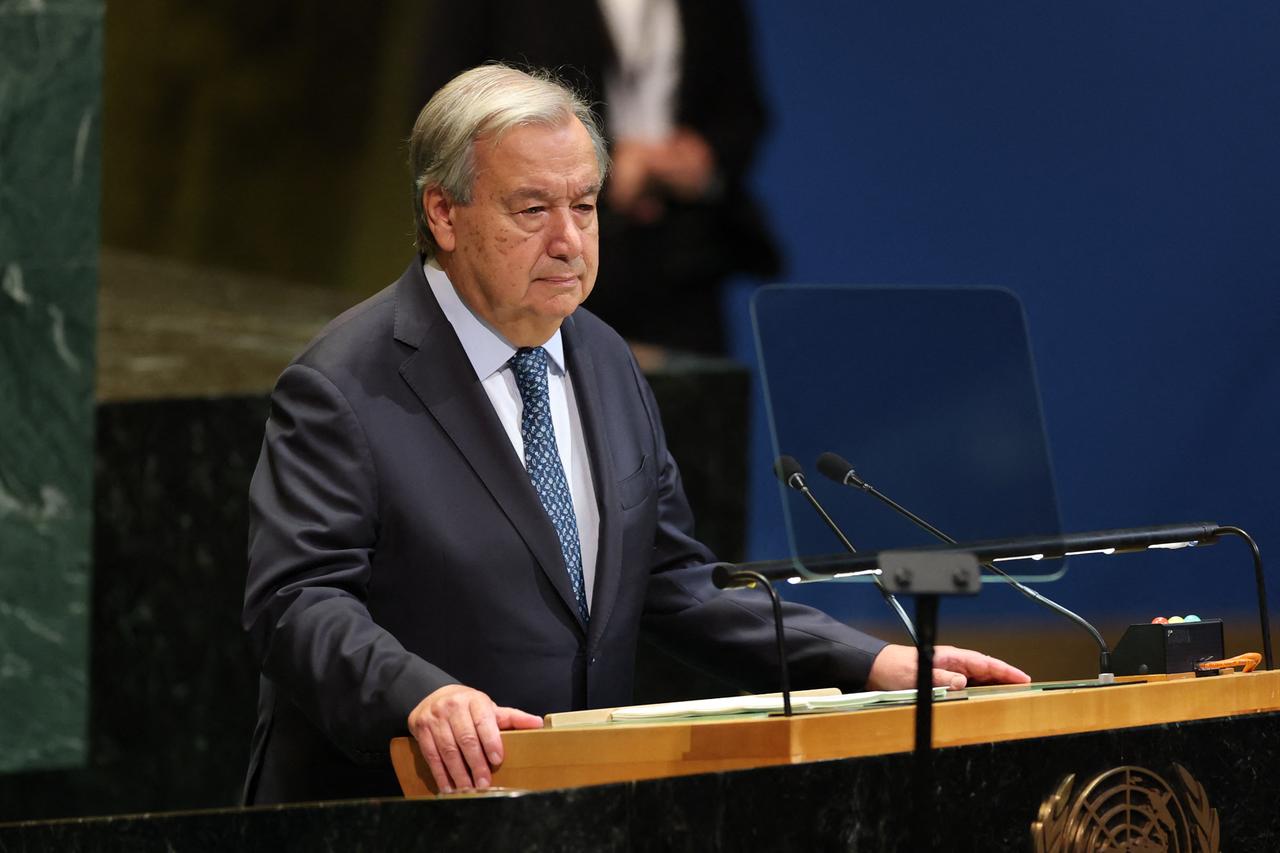
U.N. Secretary-General Antonio Guterres congratulated Iraq on holding parliamentary elections, commending the Independent High Electoral Commission (IHEC) for ensuring their effective organization and orderly conduct.
“The Secretary-General welcomes the generally calm and orderly conduct of the polls and trusts that political stakeholders will maintain the spirit of peace and respect for the electoral process as results are awaited,” Guterres said in a statement released by his spokesperson, Stephane Dujarric.
He emphasized the importance of a timely and peaceful government formation process that reflects the will of the Iraqi people and meets their aspirations for stability and development.
Guterres also reaffirmed the U.N.’s continued support for Iraq in consolidating democratic gains and building a peaceful and prosperous future, while expressing appreciation for the work of the United Nations Assistance Mission for Iraq (UNAMI), whose electoral assistance mandate is nearing its conclusion after more than two decades.
According to the IHEC, more than 12 million Iraqis, including security personnel and displaced persons, voted in Monday’s elections for the 329-seat parliament, marking a turnout of over 55%.
The commission said 7,743 candidates, including 2,247 women, competed in the polls.
The results are expected within 24 hours and will be officially confirmed after appeals are reviewed. The IHEC reported receiving 48 complaints, including 39 related to Sunday’s special voting and nine on general voting day.

Lieutenant General Qais al-Muhammadawi, head of Iraq’s Supreme Committee for Election Security, said the security plan was implemented successfully, with minor violations addressed promptly.
“Security forces did not interfere with the voting process,” Muhammadawi said at a press conference in Baghdad, adding that those responsible for the deaths of two police officers in Kirkuk were arrested.
Prime Minister Mohammed Shia al-Sudani described the elections as a “remarkable step forward toward greater stability and progress.”
The current parliamentary term began on Jan. 9, 2022, and runs for four years. Under Iraqi law, elections must be held at least 45 days before the end of the legislative term.
Power in Iraq is traditionally divided among the country’s main communities: the presidency for Kurds, the premiership for Shias, and the parliamentary speakership for Sunnis.